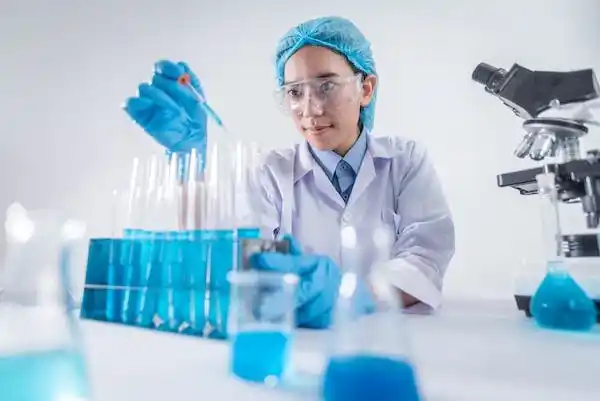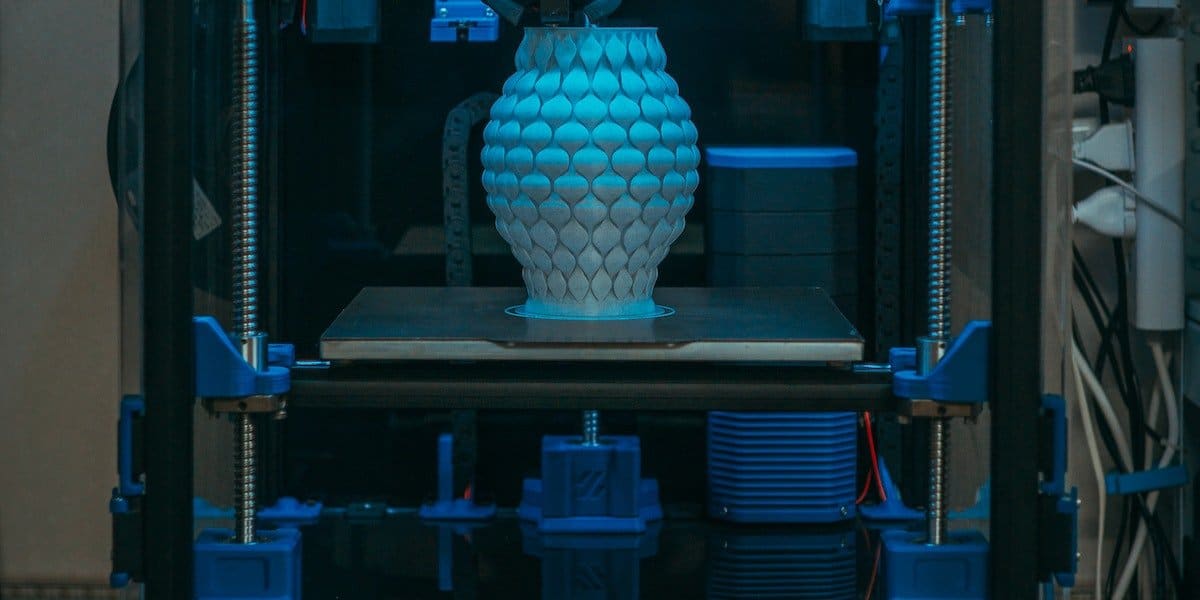Biotechnology has revolutionized the healthcare industry by providing innovative solutions for the diagnosis, treatment, and prevention of various diseases. With advancements in biotechnology, healthcare professionals now have access to powerful tools that can help them address some of the most challenging healthcare issues. This article explores the potential of biotechnology in healthcare and its impact on patient outcomes.
What is Biotechnology?
Biotechnology is the use of living organisms or their products to improve human health and the environment. It encompasses a wide range of applications, including genetic engineering, recombinant DNA technology, and bioprocessing. Biotechnology has emerged as a critical tool in healthcare, offering new and improved ways to diagnose and treat diseases.
Biotechnology and Disease Diagnosis
Biotechnology has transformed the way healthcare professionals diagnose diseases. With the development of new diagnostic tools, healthcare providers can now identify diseases at earlier stages, leading to better treatment outcomes. Biotechnology has also enabled the development of more accurate and reliable diagnostic tests, reducing the need for invasive procedures and increasing patient comfort.
One of the most significant breakthroughs in biotechnology has been the development of molecular diagnostics. These tests use DNA, RNA, and proteins to identify specific diseases or pathogens. Molecular diagnostics have revolutionized disease diagnosis, particularly in infectious diseases, cancer, and genetic disorders.
Biotechnology and Disease Treatment
Biotechnology has also opened up new avenues for disease treatment. Traditional treatments, such as chemotherapy and radiation, can cause significant side effects and may not be effective for all patients. Biotechnology offers more targeted and personalized treatments, based on the patient’s specific genetic makeup.
One of the most promising areas of biotechnology in healthcare is immunotherapy. This treatment involves using the body’s immune system to fight cancer and other diseases. By identifying and targeting specific cells or proteins, immunotherapy can offer a more precise and effective treatment option for patients.
Biotechnology and Disease Prevention
Biotechnology has also played a crucial role in disease prevention. With the development of vaccines, healthcare professionals can now prevent many infectious diseases that were once fatal. Biotechnology has also enabled the development of new and more effective vaccines, reducing the risk of vaccine-preventable diseases.
In addition to vaccines, biotechnology has also enabled the development of new drugs and therapies that can prevent the onset of diseases. For example, statins are a class of drugs that can help lower cholesterol levels and reduce the risk of heart disease.
Conclusion
The potential of biotechnology in healthcare is vast and continues to evolve. From disease diagnosis to treatment and prevention, biotechnology has transformed the way healthcare professionals approach patient care. As biotechnology continues to advance, it will offer new and more innovative solutions to some of the most pressing healthcare issues.
Overall, biotechnology has the potential to improve patient outcomes, reduce healthcare costs, and enhance the quality of life for millions of people around the world.
Focus key phrase: The Potential of Biotechnology in Healthcare
Best Articles
Read about Biotechnology
















